The most straightforward interpretation of epoxy floor covering suggests a floor covering surface that comprises many layers of epoxy to be put on flooring with a depth of at least 2 millimeters. Confusion normally develops when contrasting an epoxy floor, as well as epoxy flooring finishing. The difference between the two hinges on the deepness of the epoxy, as specified, epoxy floorings are identified as an epoxy coating of at least two millimeters thick. Any kind of epoxy flooring less than two millimeters thick is generally referred to as an epoxy floor finish.
If you are looking for flooring your property, please visit resin flooring.
Types of Epoxy Floor Covering and Where to Use Them:
- Self-Leveling Epoxy Floors: self-leveling epoxy is utilized to use over new, broken, old, or damaged concrete floors to produce a smooth, resilient, as well as a leveled structure externally of the floor. Self-leveling epoxy floorings do not supply a shiny, smooth appearance but they can be found in many different colors that attract commercial, industrial, and residential spaces.
- Where To Utilize Self-Leveling Epoxy Floors: Making structures, showrooms, storehouses, industrial garages, athletic facilities, cooking areas, and more.
- Epoxy Mortar Floors: This flooring alternative identifies as amongst the most rigid epoxy flooring system offered for usage. This epoxy floor is comprised of 100% solid epoxies and quartz or rated sand. Mortar systems are perfect for rooms that require a floor that is chemically resistant, as well as can endure a lot of effects. This epoxy floor can be utilized to fix cracks before using another kind of epoxy flooring.
- Where To Utilize Epoxy Mortar Floors: Mechanical areas, industrial kitchen areas, storehouses, dining establishments, making plants, garages.
- Quartz-Filled Epoxy Flooring: Quartz epoxy floor is a mix of high-performance polymer resin, as well as stained quartz particles. This epoxy must be utilized for attractive rooms that require sanitary as well as slip-resistant properties.
- Where to Utilize Quartz-Filled Epoxy Flooring: Storage locker rooms, schools, washrooms, snack bars, offices, lobbies, display rooms, and more.
- Anti-Static Epoxy Flooring, or Electrostatic Discharge Resistant Floors: ESD can be unsafe to several work environments. To lower any kind of fixed threats in your spaces, anti-static epoxy floorings, such as resin flooring, can be applied. This epoxy flooring typically holds a conductive compound that builds up static power that dissipates any type of potential discharge. An anti-static solution is an advised epoxy floor for rooms that contain combustible products.
- Where to Utilize Anti-Static Epoxy Floors: Chemical, electronic, or pharmaceutical manufacturing centers, medical care facilities, or any type of rooms that utilize combustible gases or fluids that bring a danger of flammable dust buildup.

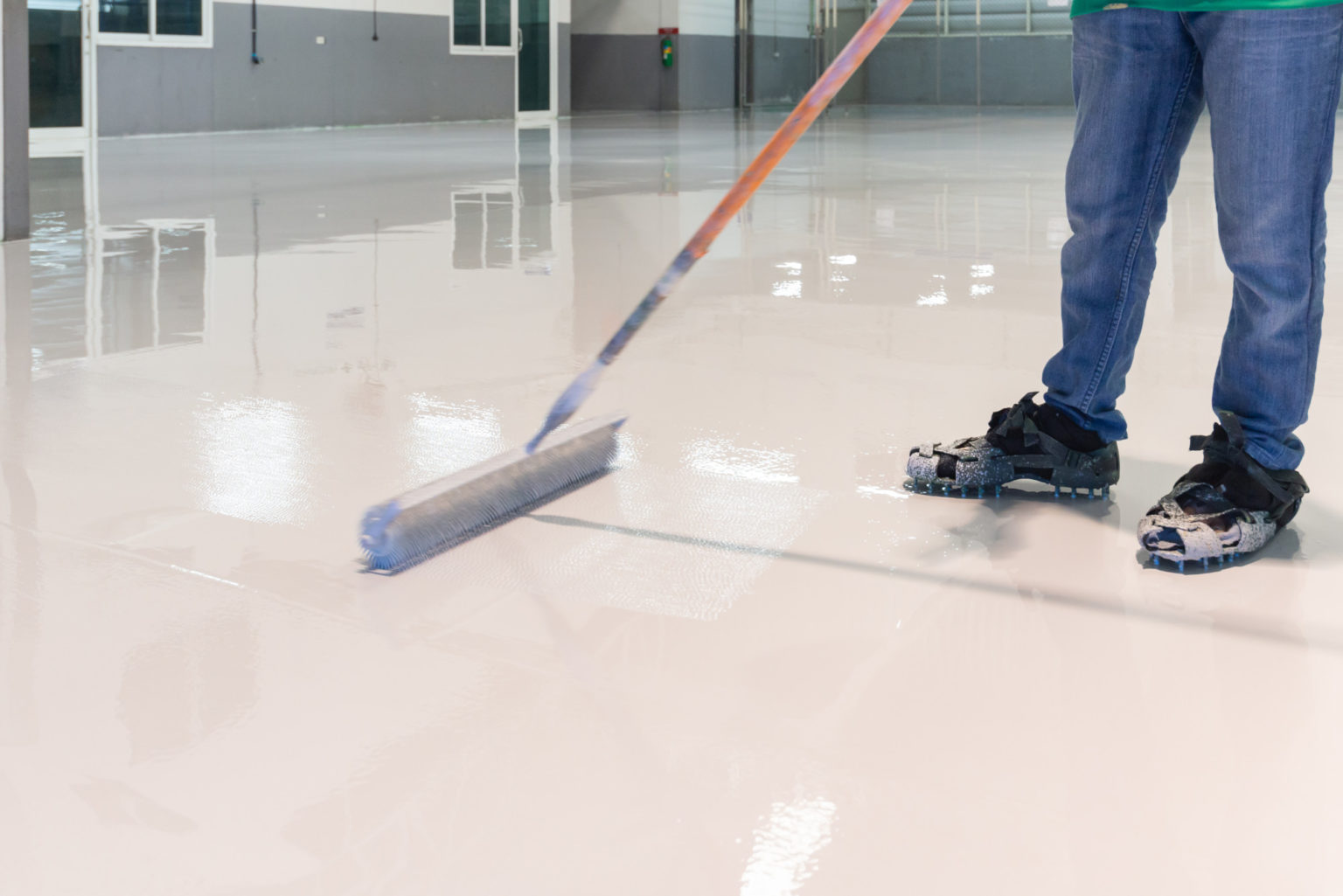
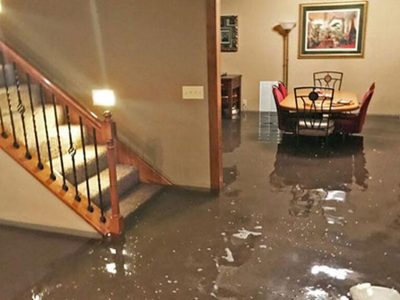
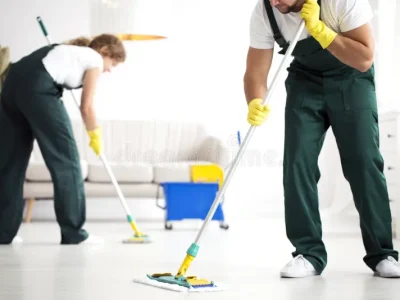
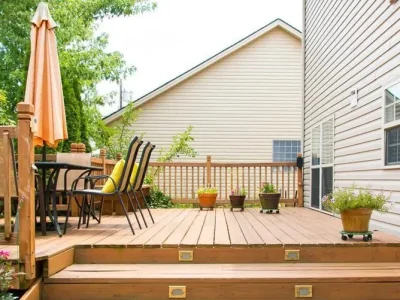
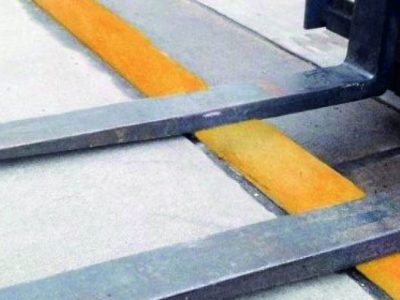
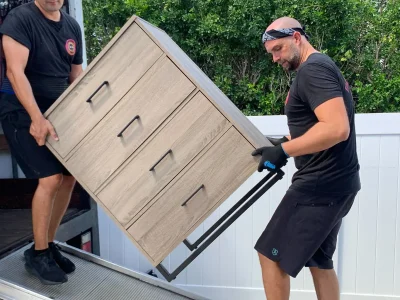

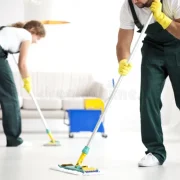

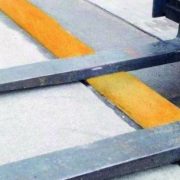
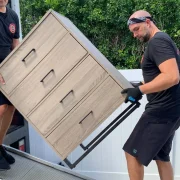
Comments